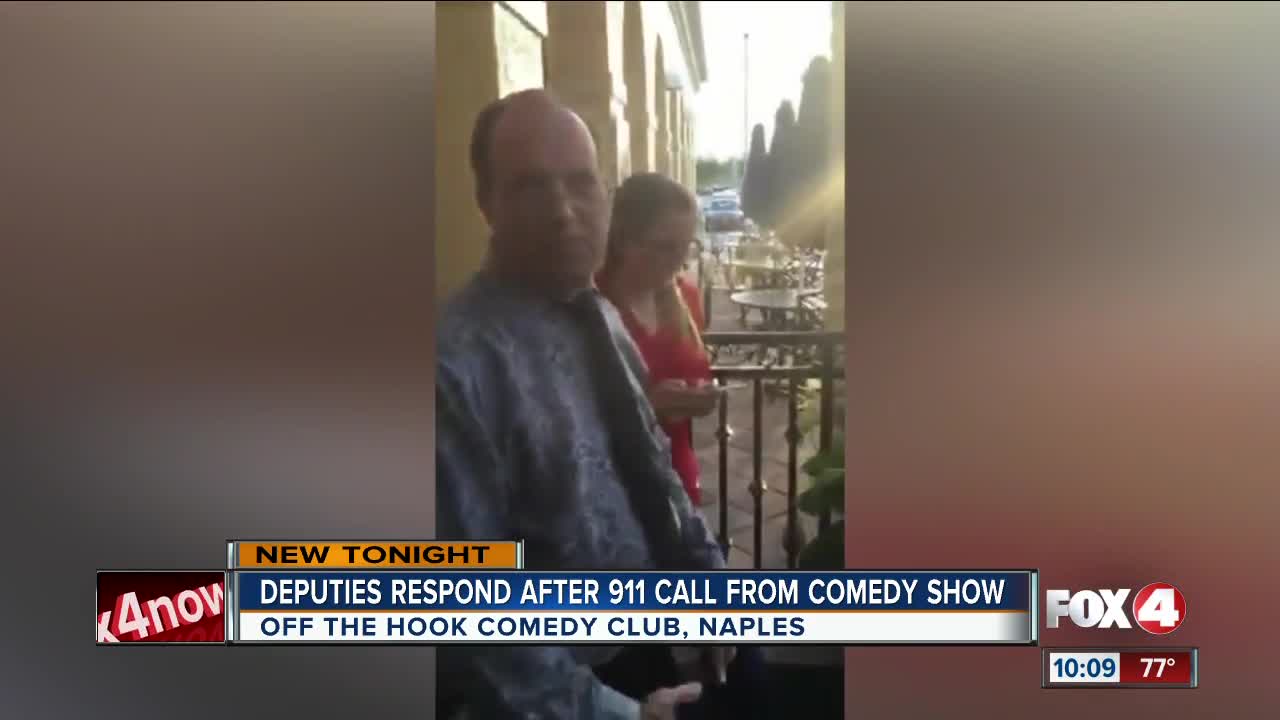In the realm of humor, few subjects are as contentious and sensitive as jokes surrounding emergency services, particularly those related to 911. While many people understand that humor can serve as a coping mechanism during difficult times, there’s a fine line between funny and offensive. It’s essential to navigate this territory with care, keeping in mind the impact that such jokes can have on individuals who have faced real trauma. The nature of 911 jokes often raises eyebrows and sparks debates about what is considered appropriate in comedy. This article will explore the world of 911 jokes, shedding light on their origins, the different types, and the potential implications of their use. Ultimately, we aim to foster a better understanding of humor's role in society, especially when it touches on serious subjects.
Humor has been a longstanding tool for dealing with pain and adversity. When it comes to 911 jokes, they often emerge in contexts where people are seeking to find levity in the face of fear or anxiety. However, the question remains: are these jokes truly funny, or do they tread too close to insensitivity? This article delves into the intricacies of this comedic genre, examining the various perspectives on the appropriateness of such humor.
As we navigate through the delicate landscape of 911 jokes, we will also discuss some of the notable figures in comedy who have made their mark in this area. Are these jokes a reflection of societal resilience, or do they highlight a troubling fascination with tragedy? Let’s embark on this exploration together, keeping an open mind and a sense of humor.
What Are 911 Jokes?
At their core, 911 jokes are humorous quips or anecdotes that reference emergency situations, particularly those involving the emergency hotline in the United States. These jokes can range from light-hearted puns to more extreme forms of dark humor. While some people may find them hilarious, others may perceive them as distasteful or disrespectful.
How Did 911 Jokes Emerge?
The emergence of 911 jokes can be traced back to various societal influences, including media representation, pop culture, and the collective human experience of dealing with emergencies. After significant events, including natural disasters or national tragedies, humor often surfaces as a means of coping. However, this raises the question of whether the proliferation of such jokes is a healthy outlet or a sign of desensitization.
Are 911 Jokes Justifiable?
When it comes to humor, context is everything. The justification of 911 jokes largely depends on the setting, audience, and intent behind the joke. Some may argue that in certain environments, such as comedy clubs, these jokes can serve as a release valve for societal tension. Others contend that they can perpetuate harmful stereotypes or trivialize the experiences of those who have been affected by emergencies.
Who Are Some Comedians Who Use 911 Jokes?
Several well-known comedians have ventured into the realm of 911 jokes, often sparking debates about their appropriateness. Comedians like George Carlin, Louis C.K., and Sarah Silverman have all touched on sensitive topics in their routines, including emergency services.
| Name | Nationality | Notable Works | Style |
|---|---|---|---|
| George Carlin | American | “Class Clown,” “You Are All Diseased” | Satirical, observational |
| Louis C.K. | American | “Louie,” “Chewed Up” | Self-deprecating, dark humor |
| Sarah Silverman | American | “The Sarah Silverman Program,” “We Are Miracles” | Provocative, absurdist |
What Are Some Examples of 911 Jokes?
While it’s essential to approach 911 jokes with caution, some examples can illustrate the range of humor that exists in this genre. Here are a few light-hearted quips that people might share:
- “Why did the 911 operator break up with their partner? They just couldn’t handle the constant emergencies!”
- “I called 911 the other day. They told me to stop calling unless it’s an emergency! I said, ‘I’m just trying to find out how to get to you!’”
- “Why did the chicken cross the road? To call 911 on the other side!”
Do 911 Jokes Have a Place in Society?
The question of whether 911 jokes have a place in society is subjective and often varies from person to person. Some people may argue that these jokes provide a necessary outlet for discussing difficult subjects, while others may find them offensive. In any case, it’s crucial to consider the context and audience when sharing these types of jokes.
How Can We Approach 911 Jokes Responsibly?
When it comes to navigating the world of 911 jokes, responsibility should be at the forefront. Here are a few tips for approaching this type of humor:
- Consider your audience: Not everyone will appreciate 911 jokes, so gauge the receptiveness of those around you.
- Be mindful of timing: Sharing a 911 joke in the aftermath of a tragedy may be seen as insensitive.
- Understand the context: Recognize the difference between lighthearted humor and jokes that may cause harm.
- Encourage open dialogue: Engage in discussions about the appropriateness of such jokes to foster understanding.
What’s Next for 911 Jokes?
As society continues to navigate complexities surrounding humor and sensitivity, the future of 911 jokes remains uncertain. Will they continue to evolve as a form of coping mechanism, or will they fade into the background as societal norms shift? It will be fascinating to observe how comedians and audiences alike engage with this topic moving forward.
In conclusion, the world of 911 jokes is intricate and multifaceted. While humor can be a powerful tool for coping, it’s essential to recognize the potential impact of such jokes on individuals and society as a whole. As we navigate this delicate terrain, let’s strive to maintain empathy and understanding while also appreciating the lighter side of life.
Unraveling The Mysteries Of The Russian Lathe Incident
Unveiling The Life Of Elon Musk's Wife: A Journey Beyond The Spotlight
Exploring The Potential Of Nickel Investments On 5starsstocks.com


